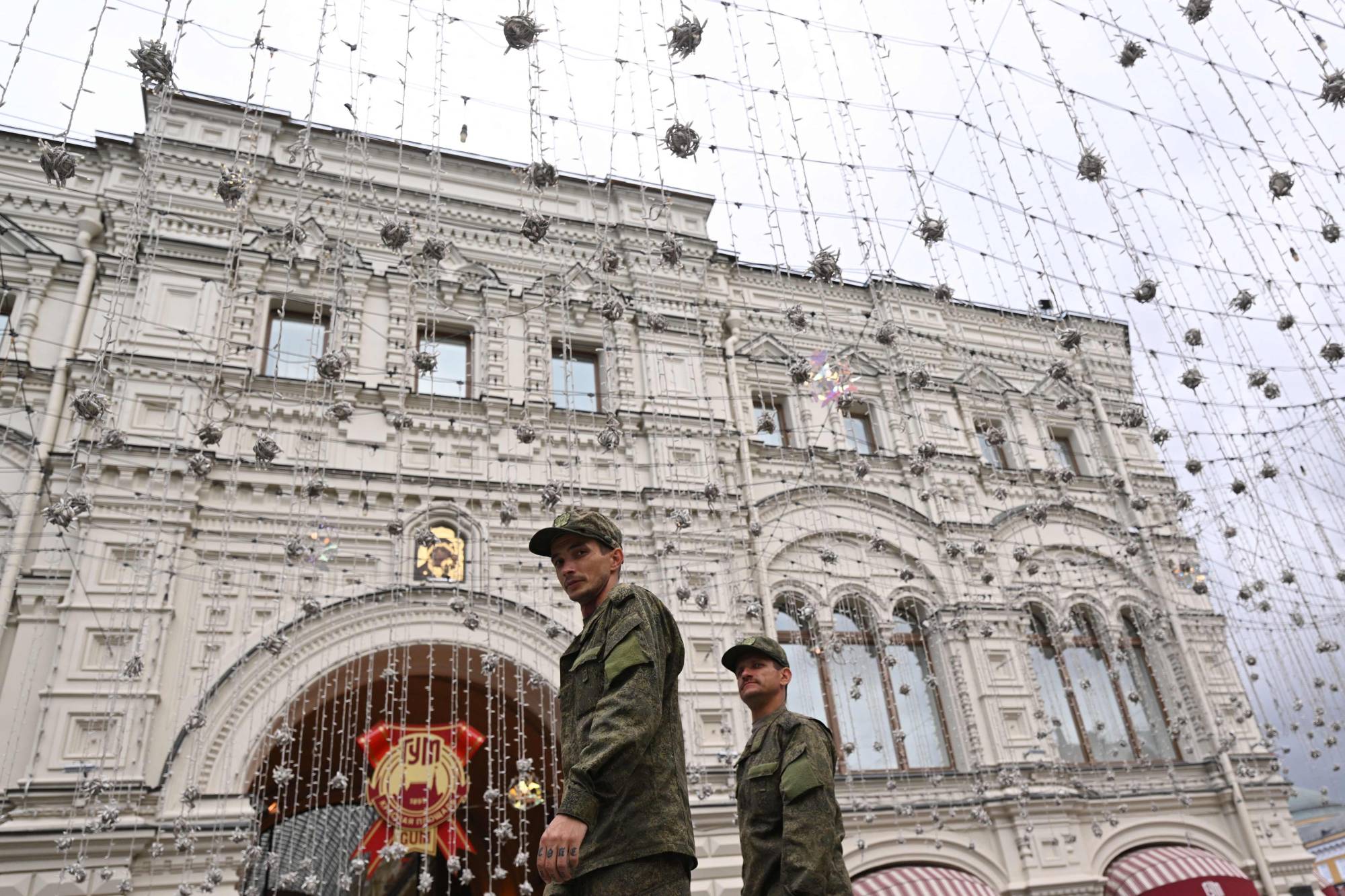President Vladimir Putin of Russia always seemed to thrive on chaos. Then it threatened to consume him.
For the last few months, as mercenary chieftain Yevgeny Prigozhin escalated his feud with the Russian military, Putin did not publicly reveal any discomfort. His silence fostered the kind of political ambiguity that has long been a trademark of Putin’s rule: tolerating, even encouraging, conflict among the elite because it kept potential rivals in check, while underscoring that ultimate authority always rested with the president himself.
The Russian leader’s key litmus test was loyalty — a fact that Prigozhin showed he understood, even amid his recent criticism of the military leadership: "I listen to Putin,” he said in May. And yet on Saturday, after more than 20 years profiting from his personal ties to Putin, Prigozhin cast the last shreds of that loyalty aside and plunged Russia into its biggest political crisis in three decades, as his forces seized control of key military facilities in the southwestern city of Rostov-on-Don and threatened to enter Moscow.


















With your current subscription plan you can comment on stories. However, before writing your first comment, please create a display name in the Profile section of your subscriber account page.